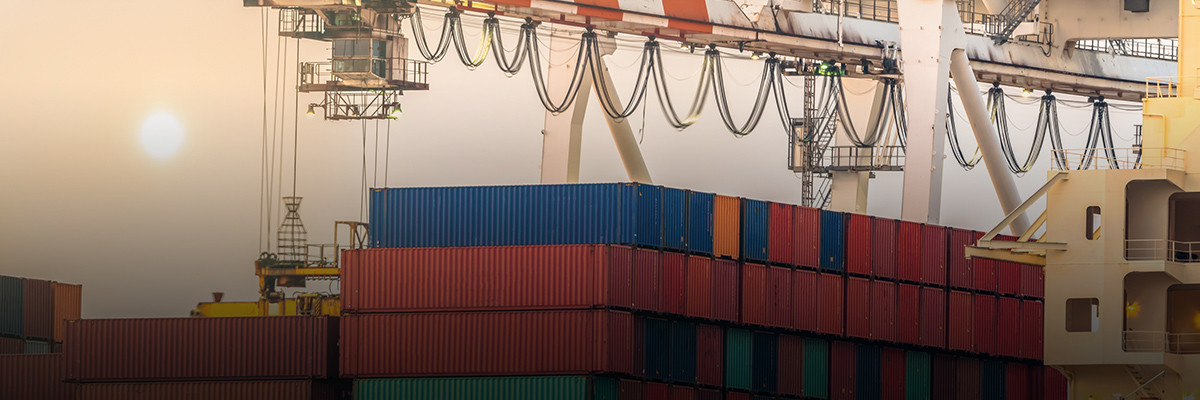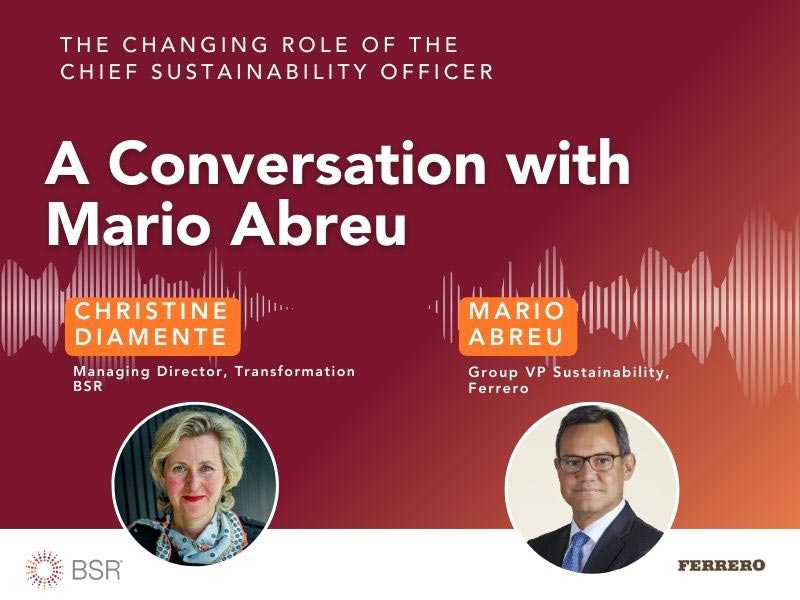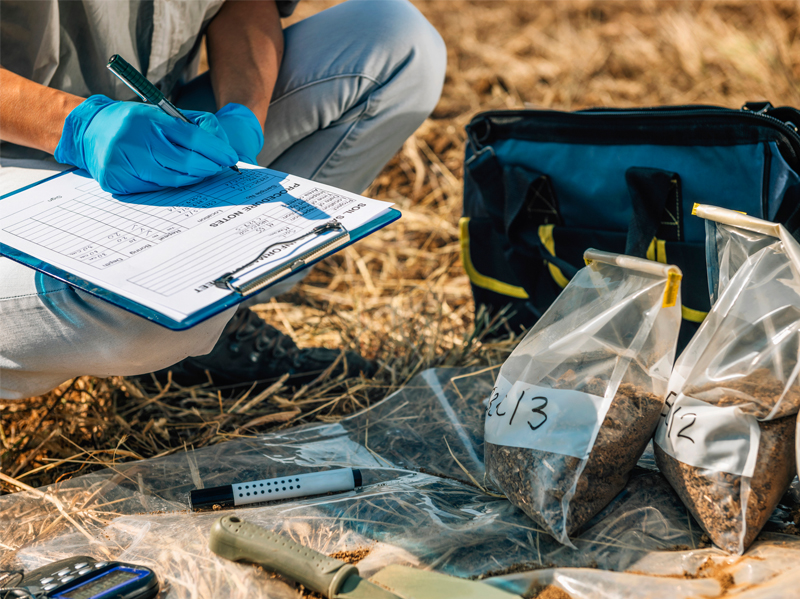
Authors
The Maritime Anti-Corruption Network (MACN) is a global business network working toward the vision of a maritime industry free of corruption that enables fair trade to the benefit of society at large. In the last five years, MACN has developed and shared practical tools and best practices on anticorruption and has initiated and implemented collective actions. Designed in collaboration with external stakeholders, such as port authorities and local governments, these collective actions have resulted in reductions in demands for facilitation payments in the Suez Canal, new regulations in Argentina that make it more difficult for officials to demand bribes, and improved ease of operations in Lagos, Nigeria, with the implementation of standardized operating procedures and grievance mechanisms. Thanks to the impacts of its capability-building and collective action programs, MACN has become a preeminent example of collaboration for tackling bribery and corruption.
The network’s rapid growth in the last five years has required MACN to adapt quickly and react to input from its members to determine its focus on collective action and capability-building. This agility will remain a key feature of the network. However, MACN is also launching a revised strategy to provide a clear framework for increasing its impact and global reach. The strategy expands and solidifies the work MACN has undertaken to date and is divided into three pillars, the “three Cs”: collective action, capability-building, and culture of integrity.
With its new “culture of integrity” pillar, MACN is setting out to completely transform the maritime industry. Rather than resolving issues as they arise or worsen, MACN now aims to shift the integrity culture of the maritime sector to a point where corruption is no longer entertained as a possibility in any port.
Why is MACN focusing on culture? It’s useful to consider a parallel with the maritime industry’s approach to operational safety—an area of direct relevance to the network. MACN captains and crews continue to face direct threats to their personal safety from corrupt officials when bringing ships into port, as the following testimony from one of our members indicates:
“This call during berthing, the [tug boat] pilot boarded the vessel after making the usual request for cigarettes. The request was declined by the vessel … [Later] I noticed that the stern was moving out … I knew something was wrong, and I asked the second mate to check the tug, only to be told that the aft tug had cast off the ship’s line and had left … It was totally unprofessional both for the pilot to leave and for the tug boat to cast off the line and leave without informing the vessel. Holding the ships to ransom and endangering the crew and vessel for what—a carton of cigarettes.”
As MACN members know—many through direct involvement in safety implementation—the maritime industry has spent a great deal of time and resources on safety measures and policies, with the aim of ensuring that our seafarers and offshore colleagues return home safely.
However, the industry has also long recognized that while providing personal protective equipment (PPE) and safety management systems (trainings, processes, toolbox talks, and forms) is a vital first step, it is not enough. Maritime companies clearly understand that to eliminate incidents, the organization must develop a culture of safety that governs every aspect of working life for all employees, whether they are based in an office, on an oil rig, or onboard a vessel. The mindset of the company and of its entire value chain governs the strength of its approach to safety.
This holds true for efforts to eliminate corruption. MACN members have led the charge and played a pioneering role in developing tools, trainings, and procedures to build capabilities internally and to drive the change externally. However, these will only take us so far. MACN members recognize that, as with safety, it is the culture that governs deep-seated change. By working explicitly on integrity culture programs, MACN will ensure a long-term, sustainable change of mindset across the industry, laying the groundwork to realize its vision: a maritime industry free of corruption.
More than 80 shippers and carriers, including many of the biggest players in the maritime industry, are a part of MACN. The power of MACN—its ability to influence legislation or drive change in ports—comes from the breadth and depth of its member base. These companies are creating a simpler, more efficient, and safer environment in which to operate; at the same time, they are helping themselves and each other by sharing their learnings. If you would like to join the movement for a maritime industry free of corruption, don’t hesitate to get in touch.
This blog is part of our February spotlight on collaboration. To find out more about BSR’s Collaborative Initiatives, read our overview blog or visit the Collaboration page.
Topics
Let’s talk about how BSR can help you to transform your business and achieve your sustainability goals.







